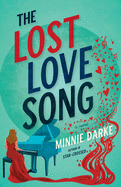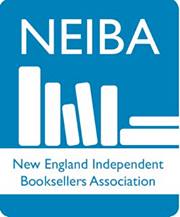 At Friday's annual meeting and town hall held by the New England Independent Booksellers Association, major topics included how NEIBA and its members have responded to the Covid-19 pandemic, the challenges ahead and how to promote Black Lives Matter and racial equality in myriad ways.
At Friday's annual meeting and town hall held by the New England Independent Booksellers Association, major topics included how NEIBA and its members have responded to the Covid-19 pandemic, the challenges ahead and how to promote Black Lives Matter and racial equality in myriad ways.
In her comments, NEIBA president Beth Wagner of Phoenix Books, Essex Junction, Vt., said that "resilence" defined the year for the association and its members. She noted that once the pandemic hit, NEIBA began hosting a variety of meetings via Zoom, with an emphasis on best practices and "reimagined" conferences like the spring forum and particularly last week's fall conference as virtual events. "The fall conference is always a logistical feat," she said, "and this year is no exception." She said executive director Beth Ineson and marketing coordinator Ali Schmelzle did "a phenomenal job" organizing and putting on the fall conference. (Ineson later thanked Schmelzle for dealing with "the tsunami of tech" that included events like the conference, NEIBA's new website and Zoom communications.)
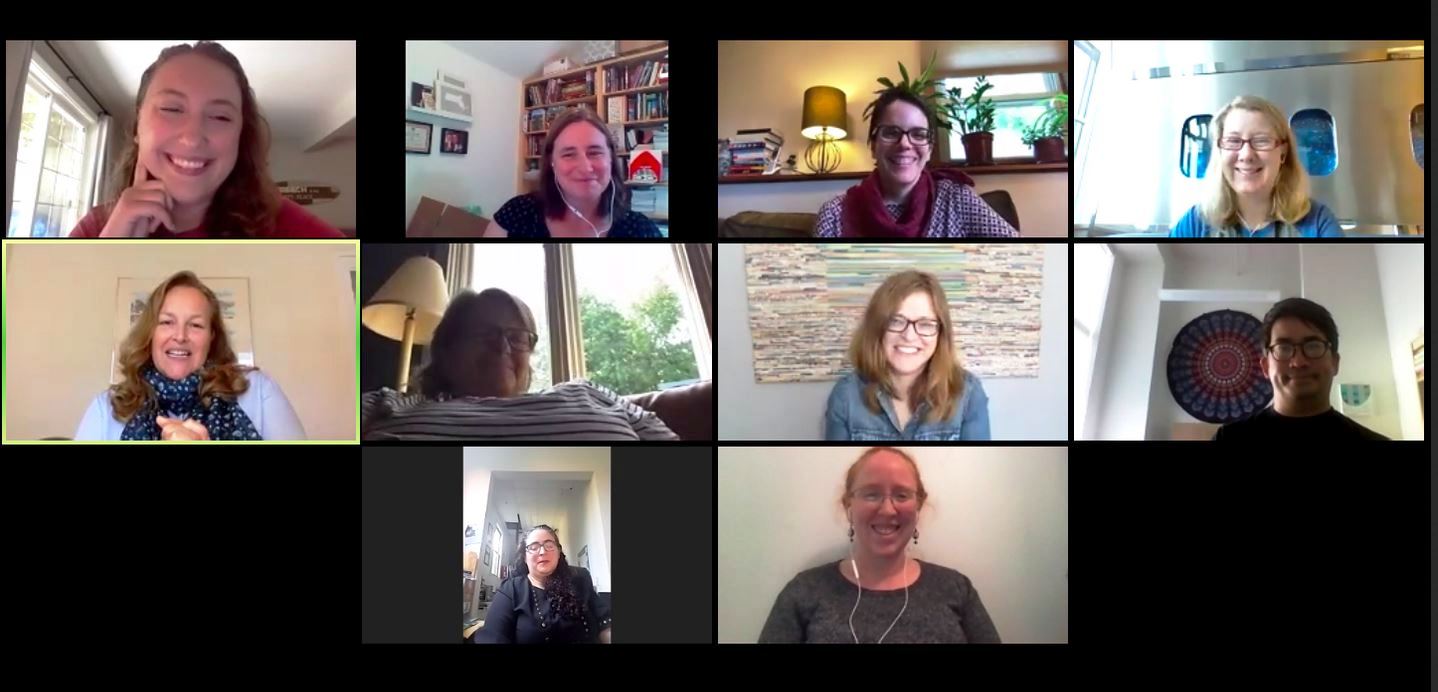 |
| NEIBA's board, staff and ABA CEO Allison Hill |
Wagner said "the path ahead will not be easy." When the pandemic passes, "we will have a lot of work to do as stores begin to rebuild." Other challenges include increasing diversity and inclusion efforts "in our stores and in our organization. Black Lives Matter is more than a slogan. We must live it in both words and action."
During the town meeting, Ineson addressed the matter by saying that NEIBA takes diversity very seriously and is "walking the walk," with show programming and in other areas, but that as for the board, the advisory council and its committees, it's "a mirror" of its membership, so that the more diverse the member stores are, the more diverse the board and committees can be. "I'm completely in and we're ready for that," she commented. "As an organization, NEIBA will do everything we can to help you get there."
'A Wild Year Financially'
Wagner and Ineson emphasized that despite the pandemic, NEIBA is on solid footing financially and otherwise. Ineson called what members have done this year "nothing short of incredible, and it is from your creativity and innovation and grit that we at NEIBA have drawn strength to follow suit. We basically tried to do what you did, which is make it all work this year" by reinventing its business model, which included much more virtual contact with members, something she wants to continue permanently, creating a kind of hybrid model of in-person and virtual events and communication.
Ineson called it "a wild year financially" and said next year will similar. The association was "basically on budget" this year, forecasting and having a slight loss, but doing so in a very "circuitous fashion." The association had extra costs because of its office move and higher expenses at last year's fall conference while this year it lost event income, made a big donation to the Book Industry Charitable Foundation, lost publisher ad revenue early in the pandemic (which is "nicely rebounding"), and didn't collect membership dues. But at the same time, NEIBA's move last year reduced office expenses by half and when she recently renewed the lease, Ineson was able to negotiate a 60% rent reduction.
Still, next year's budget will have a loss, mainly because of not collecting membership dues. She thanked former executive director Steve Fischer and former administrative coordinator Nan Sorensen for running things in a way so that NEIBA "has the resources to weather" this year and next year. The association's endowment is intact and there's a nest egg that can be drawn on.
Ineson added that she wants to "address the endowment" and figure out how to make the money more directly beneficial to the membership. As a 501 C (6) organization, the association can't give money directly to member stores but it could build a tangential nonprofit and put some of the endowment money "to work for our stores."
American Booksellers Association CEO Allison Hill discussed a variety of matters, many raised by NEIBA members. Concerning nominations to the ABA's board, she said the association is instituting changes in how it promotes the process, trying to avoid the "governance language" of the past, being more transparent, and encouraging people to self-nominate and nominate people they know. It's also trying to get more people involved in other aspects of the ABA, such as the diversity committee, and new ways of bringing booksellers to come together.
Hill asked NEIBA members to offer "feedback on how things are going with Ingram" because she meets with the company regularly, and "it's really helpful" if she has specific examples of problems. "Sometimes they don't even recognize when there's a trend that indicates a problem" since the company is so large and moving so fast.
Hill said Ingram is "doing everything I'd want them to do to best prepare for the season," including hiring and changing ways they were handling shipments. Still, there will be "delays and disruption," she continued, which is unavoidable because of the pandemic.
Ineson added that she is also in communication with Ingram and with Bookazine on a regular basis out of similar concerns.
NEIBA has two new directors, effective with the annual meeting. They are Kelsy April of the Savoy Bookshop & Café, Westerly, R.I., and Casey Gerken of the Innisfree Bookshop, Meredith, N.H. Outgoing board members were honored with thanks for jobs well done. They included past president Laura Cummings of White Birch Books, North Conway, N.H., and Stefanie Schmidt of Water Street Bookstore, Exeter, N.H. --John Mutter
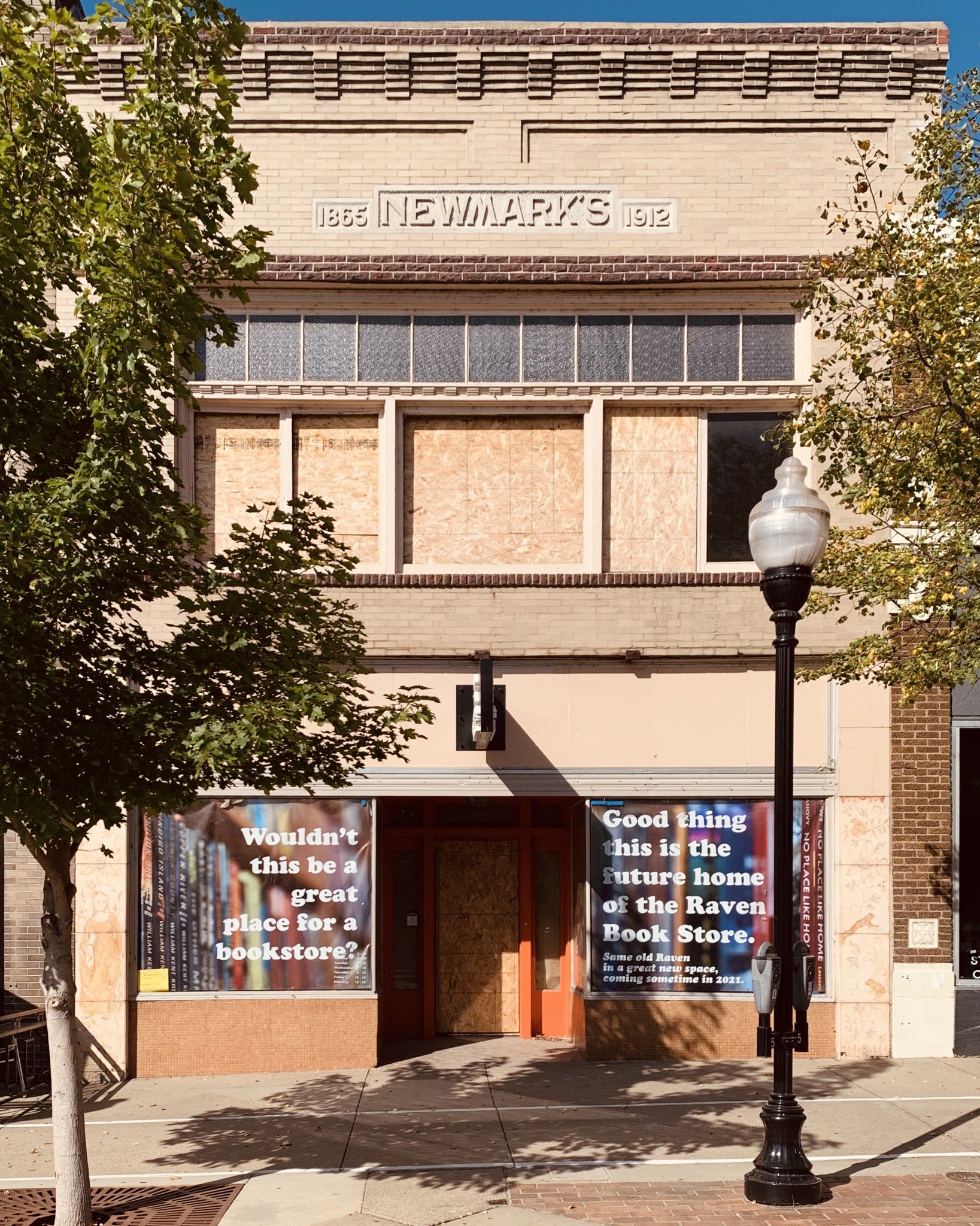










 At Friday's annual meeting and town hall held by the
At Friday's annual meeting and town hall held by the 

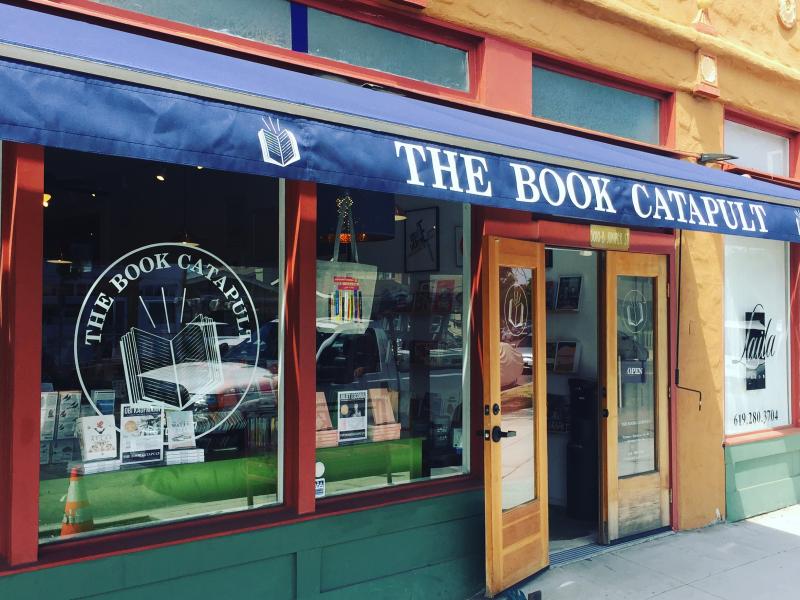 In San Diego, Calif.,
In San Diego, Calif., 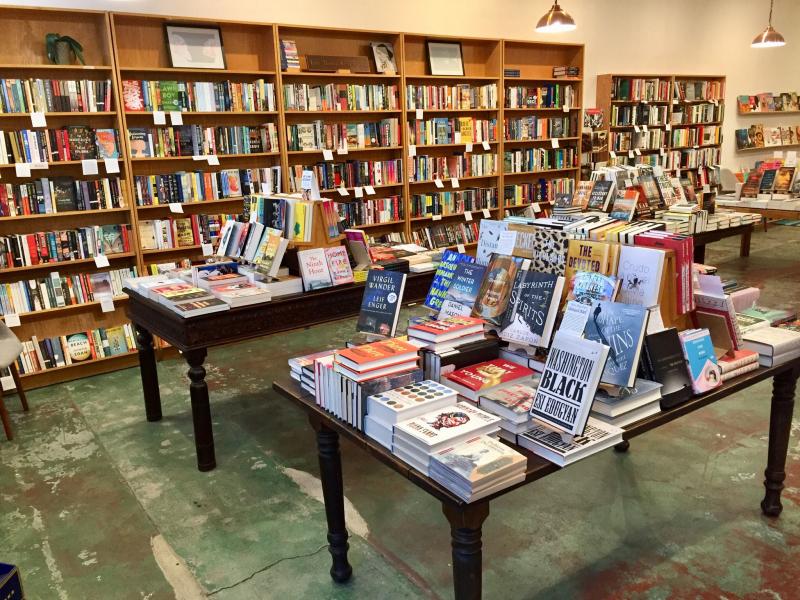 Because of that community support, business has actually been "pretty good" through these six months of the pandemic, Marko said, and he's been able to keep everyone on staff. It also doesn't hurt that the store is pretty small, with "not a terrible amount" of overhead and a "very reasonable" rent. Prior to the pandemic, the Book Catapult did not have an extensive events schedule, so canceling in-person events did not hugely impact the business. For every month of the pandemic except April, in fact, store sales have been up over last year.
Because of that community support, business has actually been "pretty good" through these six months of the pandemic, Marko said, and he's been able to keep everyone on staff. It also doesn't hurt that the store is pretty small, with "not a terrible amount" of overhead and a "very reasonable" rent. Prior to the pandemic, the Book Catapult did not have an extensive events schedule, so canceling in-person events did not hugely impact the business. For every month of the pandemic except April, in fact, store sales have been up over last year.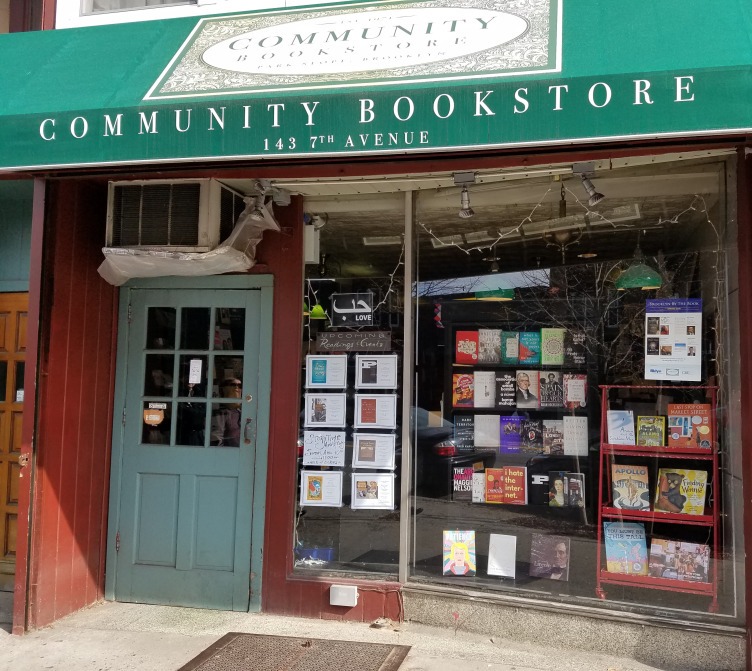 Stephanie Valdez, co-owner of
Stephanie Valdez, co-owner of 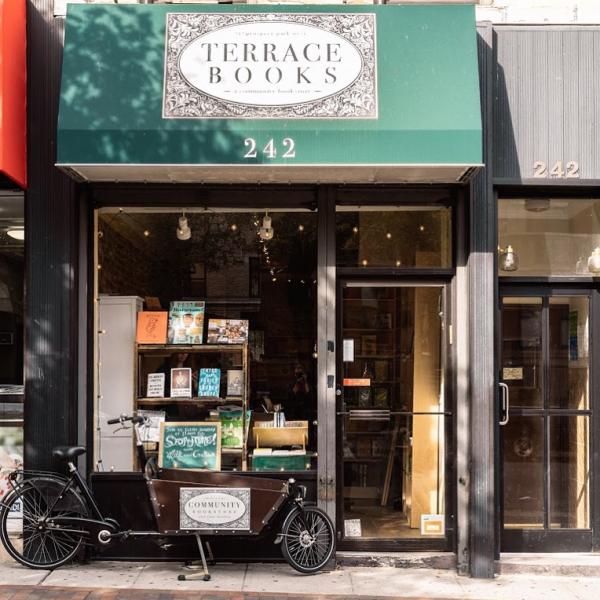 Noting that summer is usually the slowest time of the year for both stores, Valdez said sales were down, but thanks to "tremendous" neighborhood support, new revenue streams from merchandise and events, as well as a significant rent reduction by their landlords, they were able to keep staff fully employed.
Noting that summer is usually the slowest time of the year for both stores, Valdez said sales were down, but thanks to "tremendous" neighborhood support, new revenue streams from merchandise and events, as well as a significant rent reduction by their landlords, they were able to keep staff fully employed.
 At Thursday night's
At Thursday night's 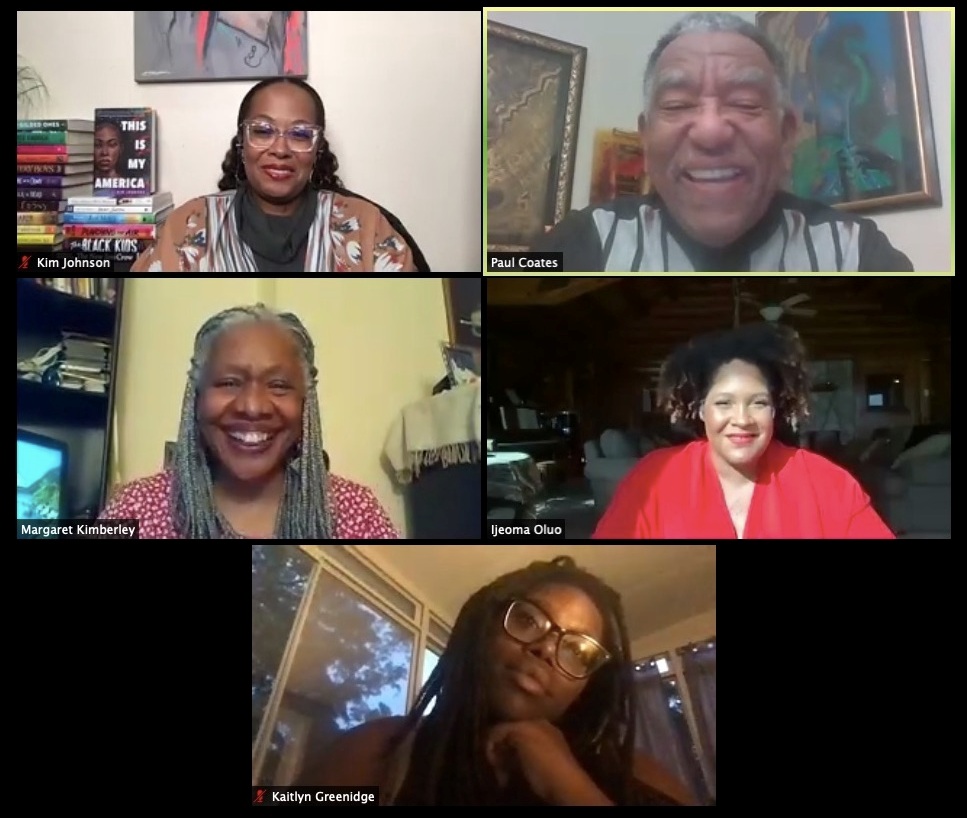
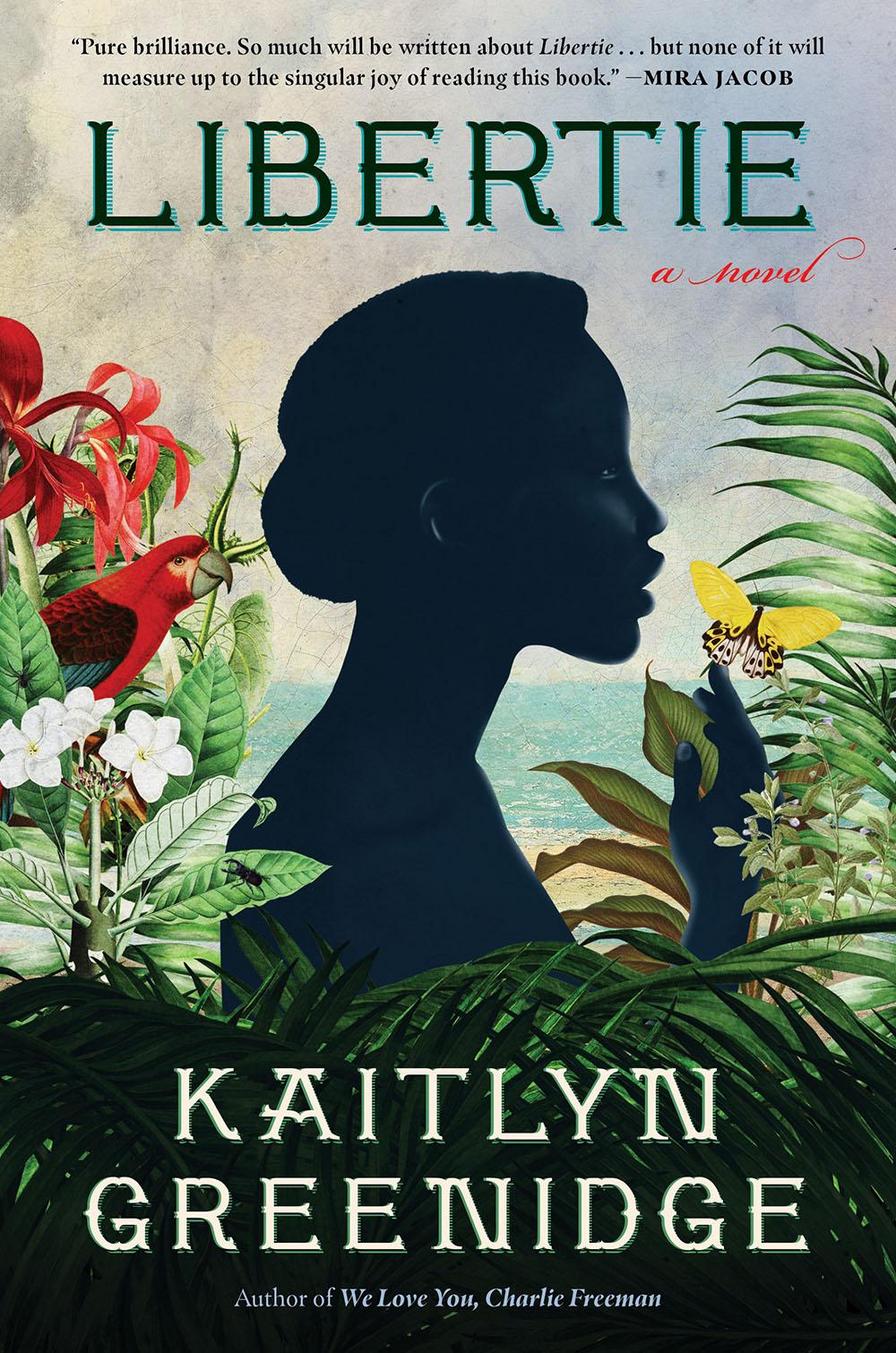
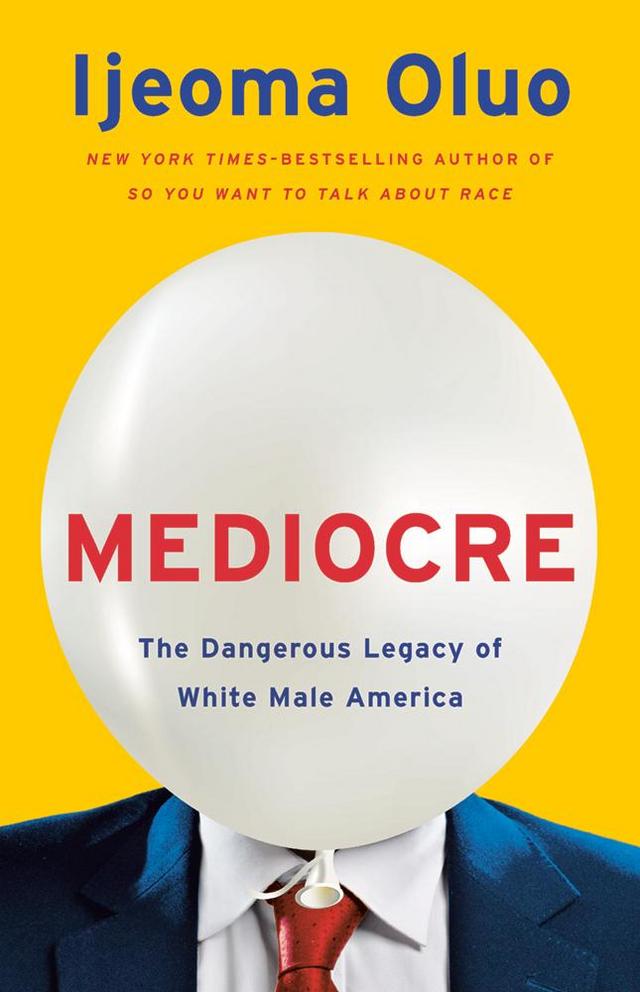
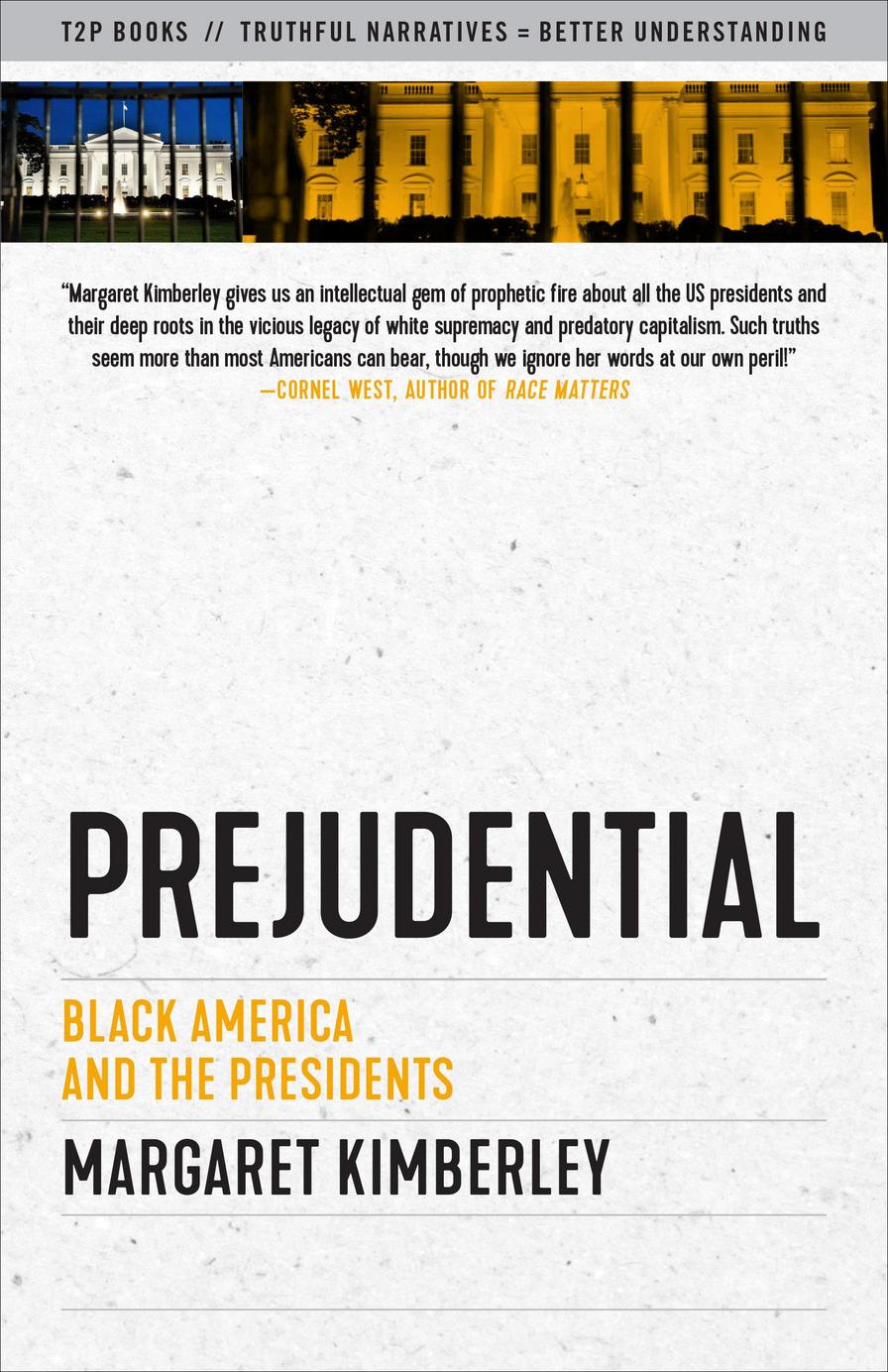
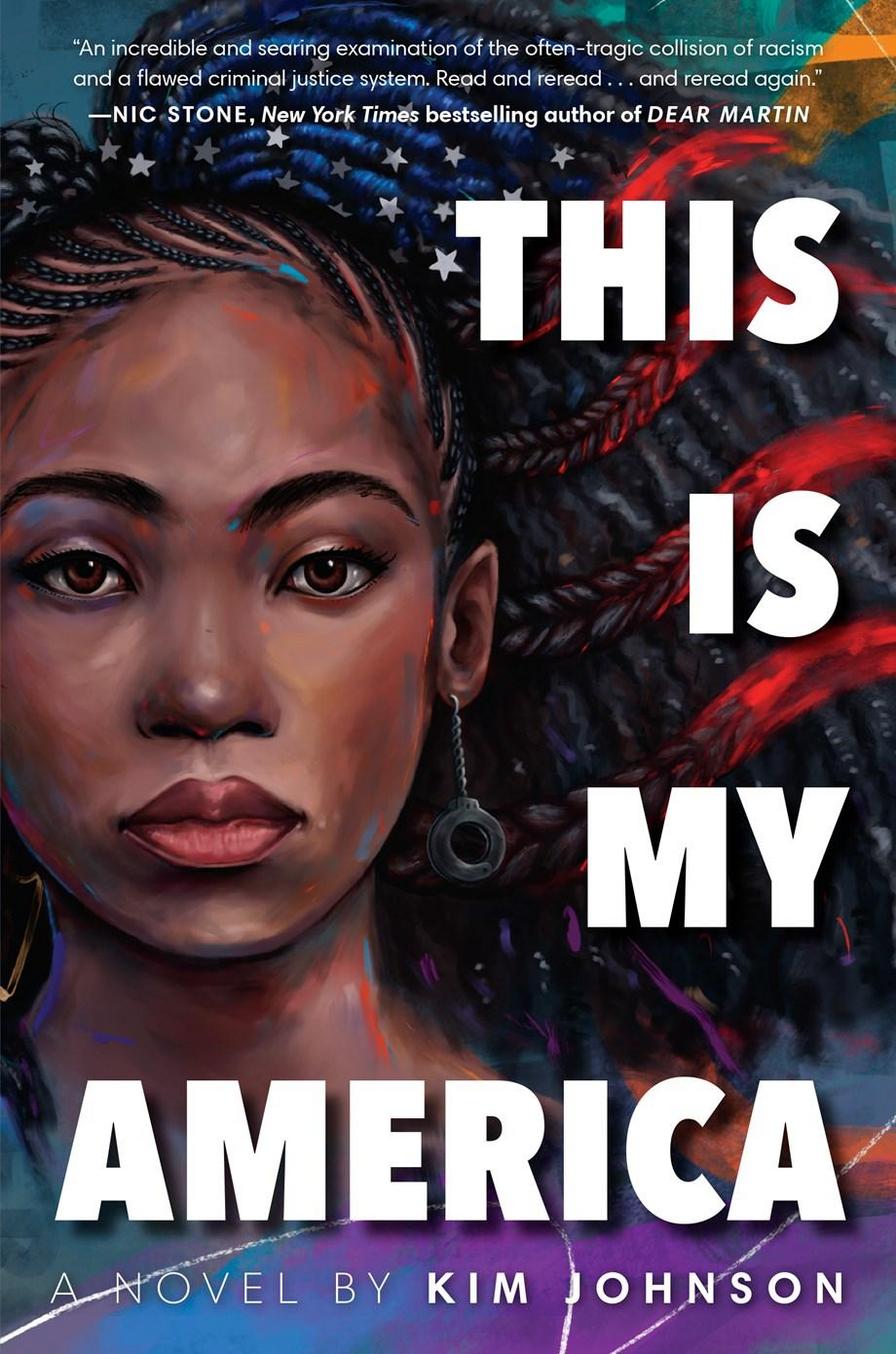

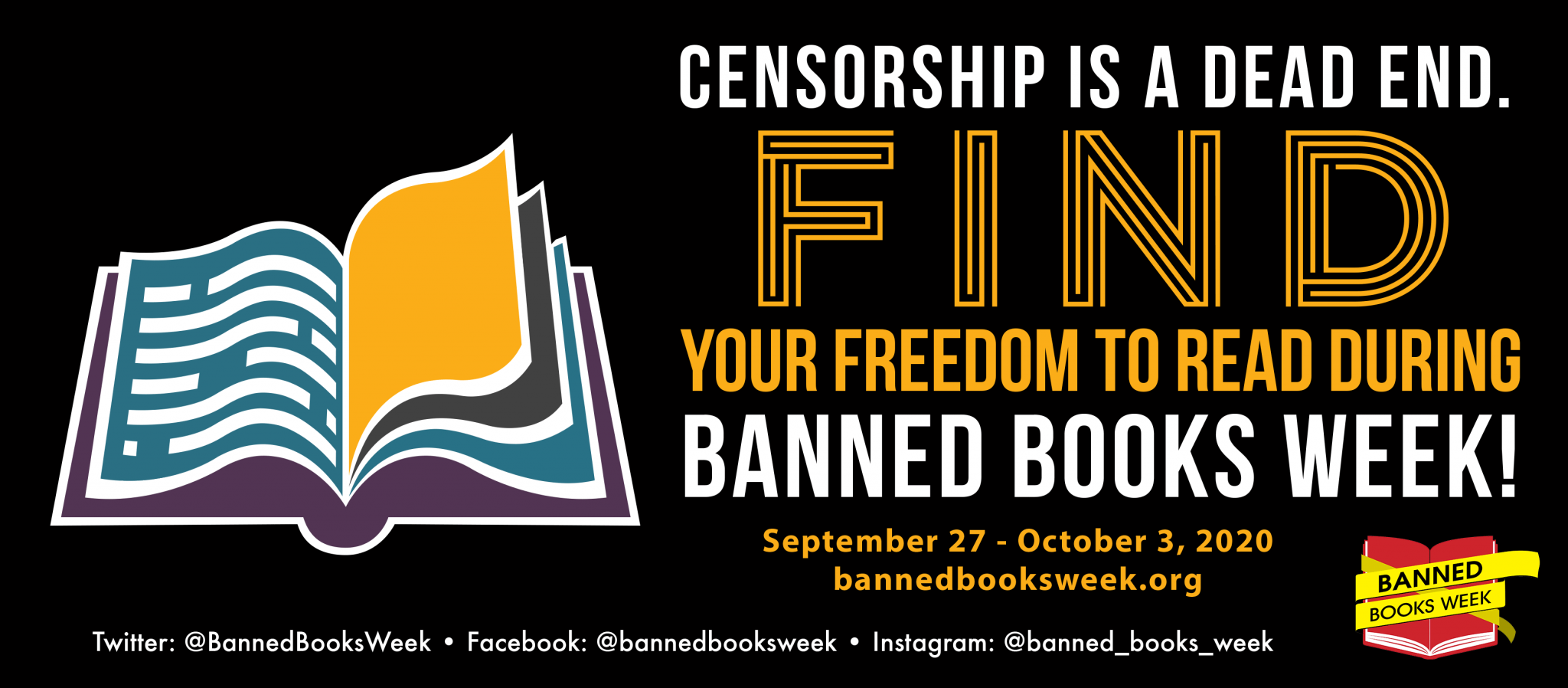
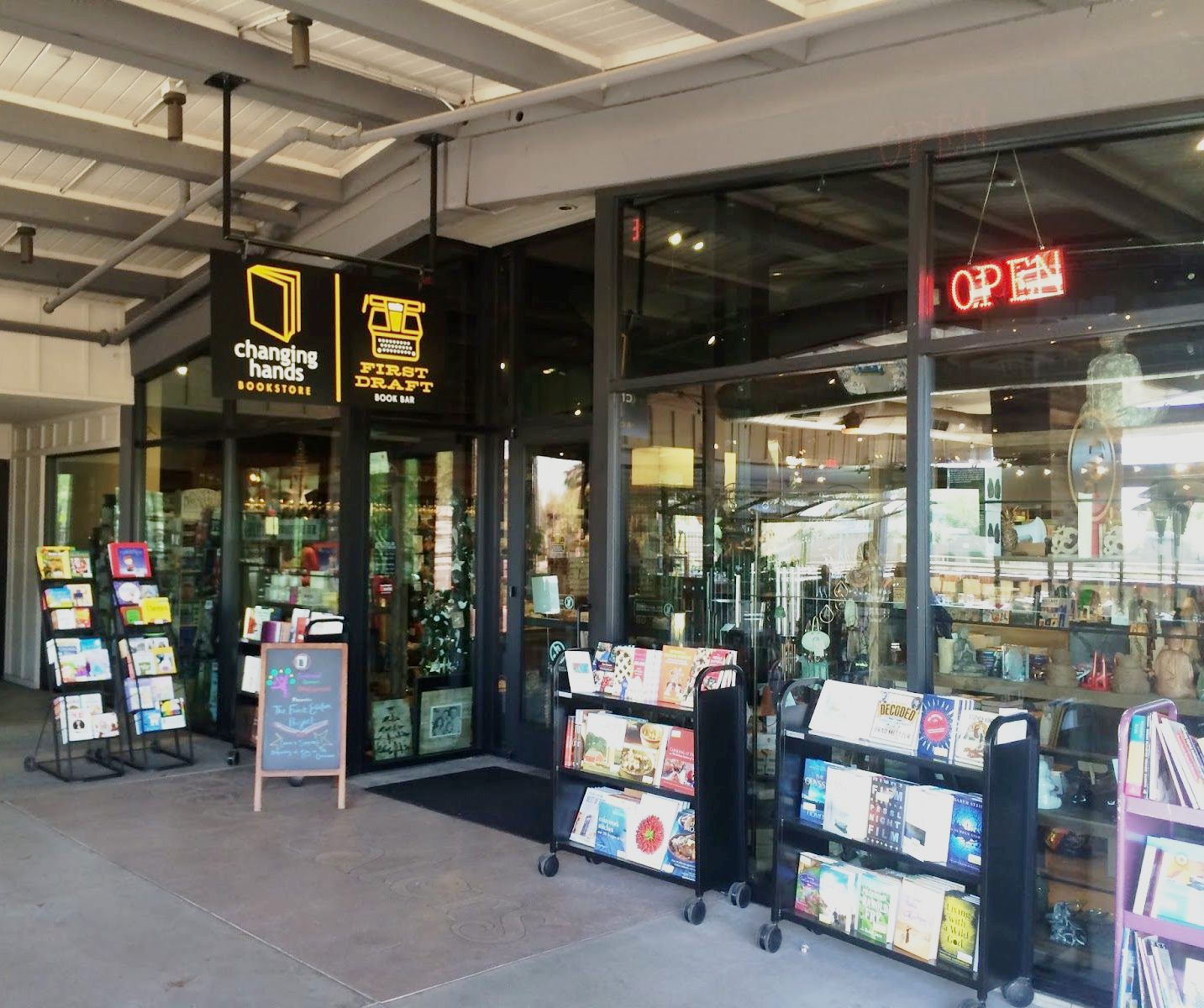 As part of a Small Business Week series about "local merchants beloved by customers whose devotion goes beyond loyalty and well into passion," Inc. magazine profiles
As part of a Small Business Week series about "local merchants beloved by customers whose devotion goes beyond loyalty and well into passion," Inc. magazine profiles  Posted on Facebook last week by
Posted on Facebook last week by 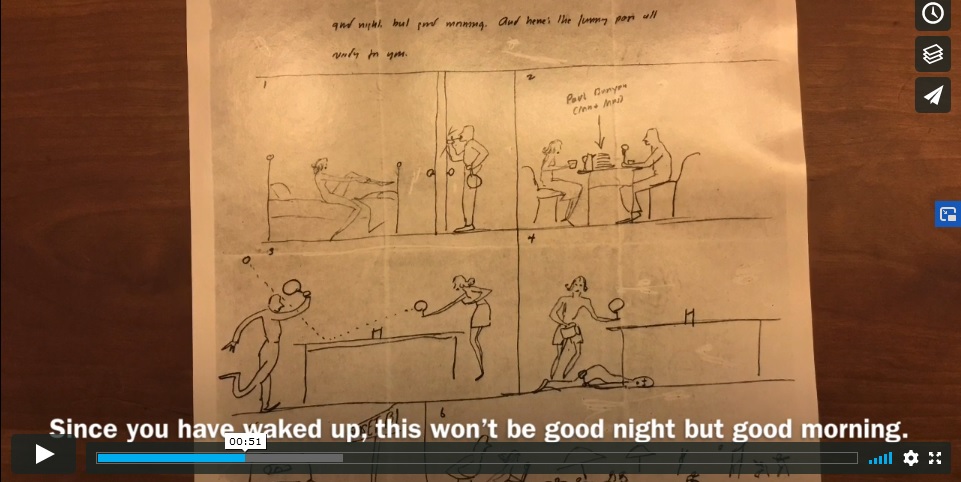 The Life of William Faulkner: This Alarming Paradox, 1935-1962
The Life of William Faulkner: This Alarming Paradox, 1935-1962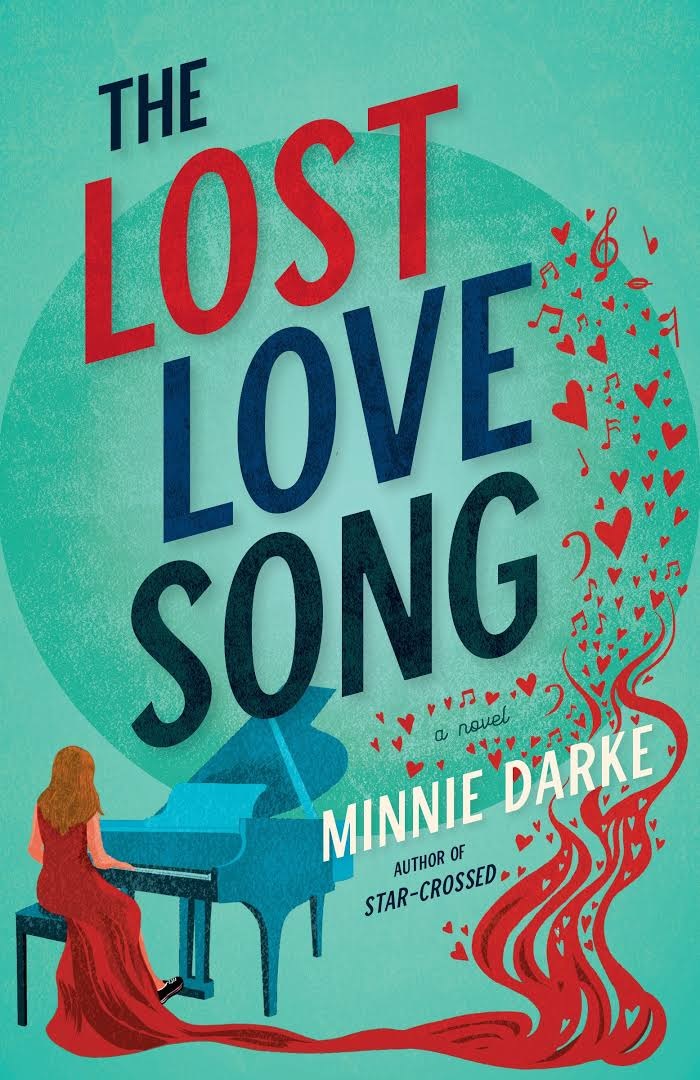 In her 2019 debut,
In her 2019 debut, 